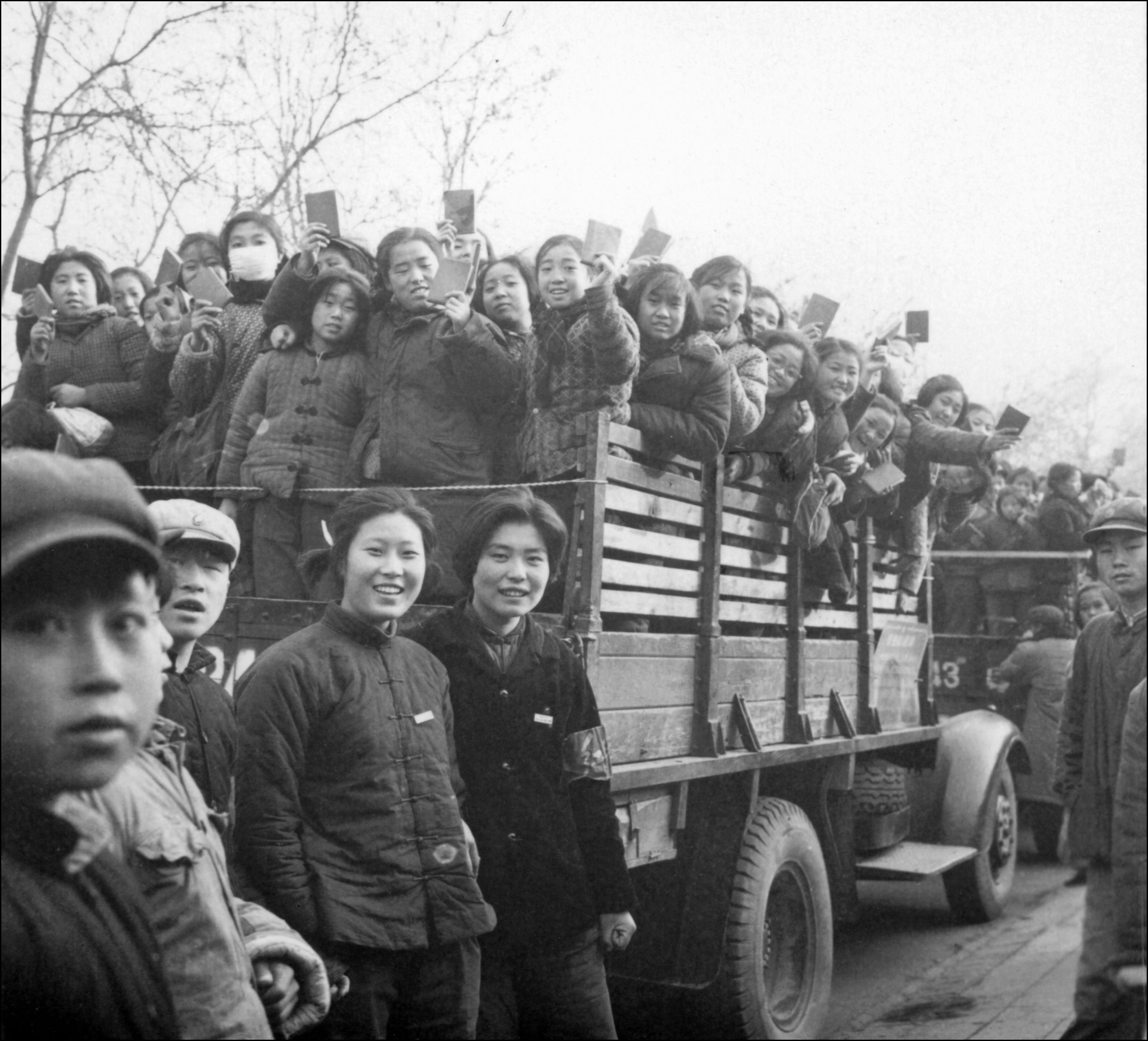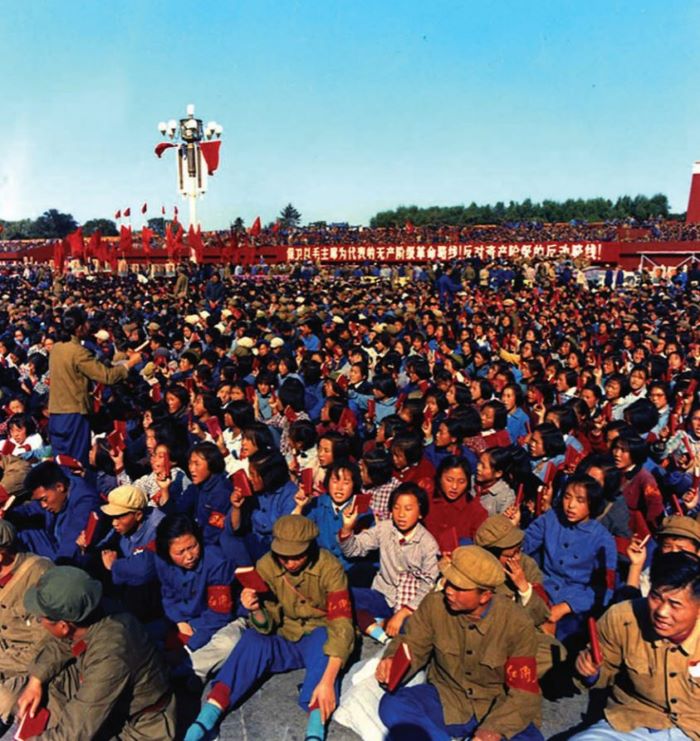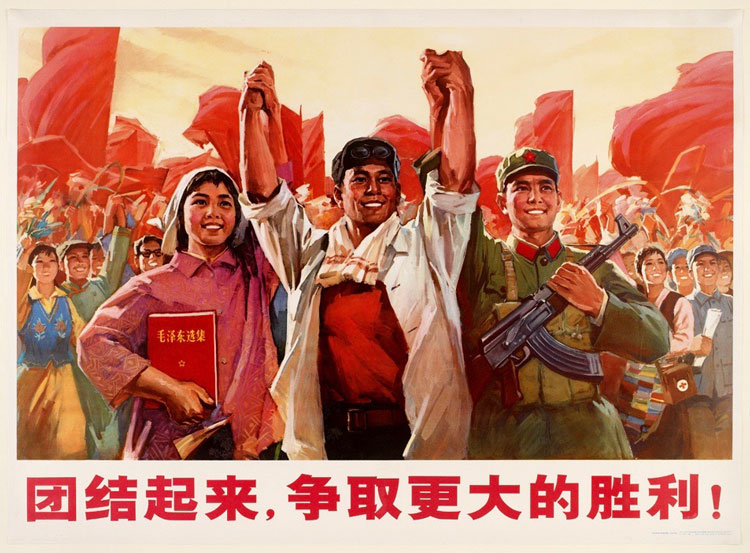The communist revolution in China was a significant event in world history that shaped the country's political and economic landscape for decades to come. The communist movement in China can be traced back to the early 20th century, when Marxist ideas were introduced to the country by intellectuals and activists who had been exposed to them while studying or traveling abroad. These ideas found a receptive audience among the Chinese people, who were suffering from widespread poverty, inequality, and political corruption.
The communist revolution in China was led by a group of Marxist revolutionaries, most notably Mao Zedong. Mao and his comrades had been involved in various revolutionary activities throughout the 1920s and 1930s, including the establishment of communist-controlled bases in rural areas and the organization of armed resistance against the Chinese Nationalist government and foreign powers.
The turning point for the communist revolution came in the late 1940s, when the Chinese Nationalist government, led by Chiang Kai-shek, was weakened by internal divisions and the ongoing Chinese Civil War. In 1949, the communist forces, aided by Soviet support, emerged victorious and established the People's Republic of China, with Mao as its leader.
The communist revolution in China brought about significant changes in the country's political and economic systems. Under the new regime, land reform was implemented to redistribute land from wealthy landlords to poor peasants, and the government began to collectivize agriculture and industry. The government also implemented a series of economic policies aimed at building a strong, self-sufficient economy, including the establishment of state-owned enterprises and the implementation of the "Great Leap Forward," which aimed to rapidly industrialize the country.
However, the communist revolution in China also had its fair share of challenges and controversies. The Great Leap Forward was followed by a period of economic downturn and widespread famine, which resulted in the deaths of millions of people. The Cultural Revolution, which was launched by Mao in the 1960s, resulted in widespread political and social turmoil, as well as widespread persecution and violence.
Despite these challenges, the communist revolution in China had a lasting impact on the country and its people. The communist regime brought about significant improvements in the standard of living for many Chinese citizens and laid the foundation for China's rapid economic growth in the decades that followed. Today, China is a major global economic power and a leading player on the world stage, a testament to the enduring legacy of the communist revolution.






